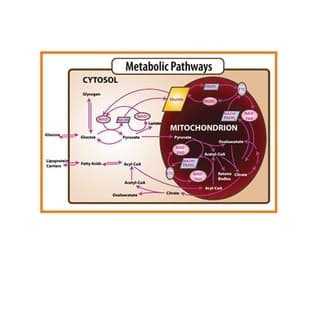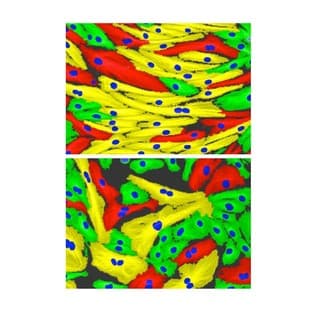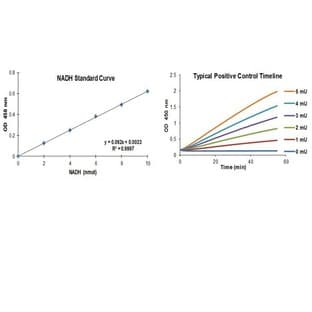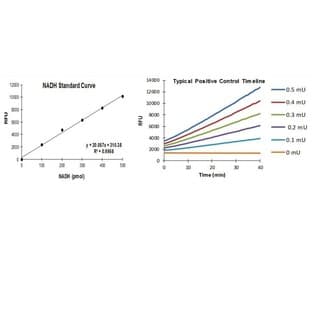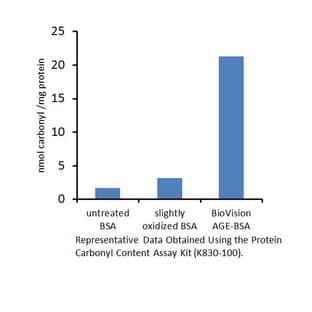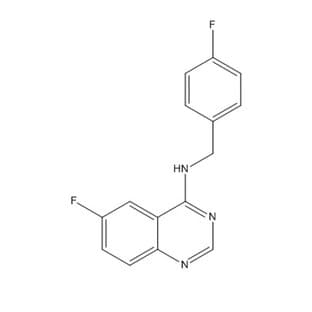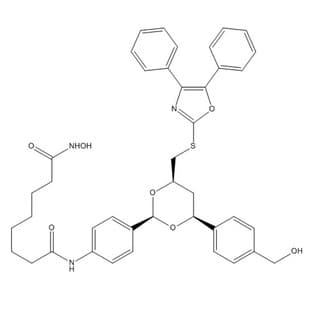
Supplier:
Aviva Systems Biology IncorporatedSLC19A3 Protein Lysate (GST tagged) (Expressed in bacteria) (200ug)
Prices direct from Aviva Systems Biology Incorporated
Quick response times
Exclusive Absave savings/discounts
SPECIFICATIONS
Size
200ug
Presku
APL10499
Target
This gene encodes a ubiquitously expressed transmembrane thiamine transporter that lacks folate transport activity. Mutations in this gene cause biotin-responsive basal ganglia disease (BBGD); a recessive disorder manifested in childhood that progresses to chronic encephalopathy, dystonia, quadriparesis, and death if untreated. Patients with BBGD have bilateral necrosis in the head of the caudate nucleus and in the putamen. Administration of high doses of biotin in the early progression of the disorder eliminates pathological symptoms while delayed treatment results in residual paraparesis, mild mental retardation, or dystonia. Administration of thiamine is ineffective in the treatment of this disorder. Experiments have failed to show that this protein can transport biotin. Mutations in this gene also cause a Wernicke's-like encephalopathy.
Weight
43
Gene Id
80704
Alternative Names
THTR2; SLC19A3; BBGD; THMD2
Latest promotions
Buy any polyclonal or monoclonal antibody from our extensive range of pre-made antibodies and for a limited time only receive a $50 discount!(T&C apply:...
New brilliant antibodies, and new lower prices!For flow cytometry reagents in general, \"bright is better.\" The violet-excitable BD Horizon™ BV421 and...
10% Discount on 2 Rabbit Polyclonal Antibody Service. With over 20 years experience, SDIX has developed into the premier US custom antibody producer,...
For the past decade scientists have extensively used ATS secondary toxin conjugates to make their own targeted toxins for in vitro use.The ability to combine...
We're so sure that you'll prefer Cayman Assay kits over your present brand that we're willing to give you a free assay kit to prove it!
Did your supplier increase the price of Fetal Bovine Serum? Did they substitute the US Origin with USDA? Well say no more! Innovative Research is still...
Bulk Cytokines with Custom Vialing.20 - 50% off cytokines, growth factors, chemokines and more...For a limited time Cell Sciences is offering substantial...
Are you planning to have a customised antibody made for your research?Since 2000, Everest has been producing a catalog containing thousands of affinity...
Top suppliers
Agrisera AB
11 products
Biotrend
Biosensis
969 products
ABBIOTEC
3011 products
SDIX
1 products
Spring Bioscience
2291 products
Cell Signaling Technology
4976 products
Rockland Immunochemicals, Inc.
7592 products
Boster Immunoleader
1533 products
OriGene Technologies Inc.
5281 products
Maine Biotechnology Services
227 products
BD (Becton, Dickinson and Company)
1 products
ABNOVA CORPORATION
Randox Life Sciences
1502 products

